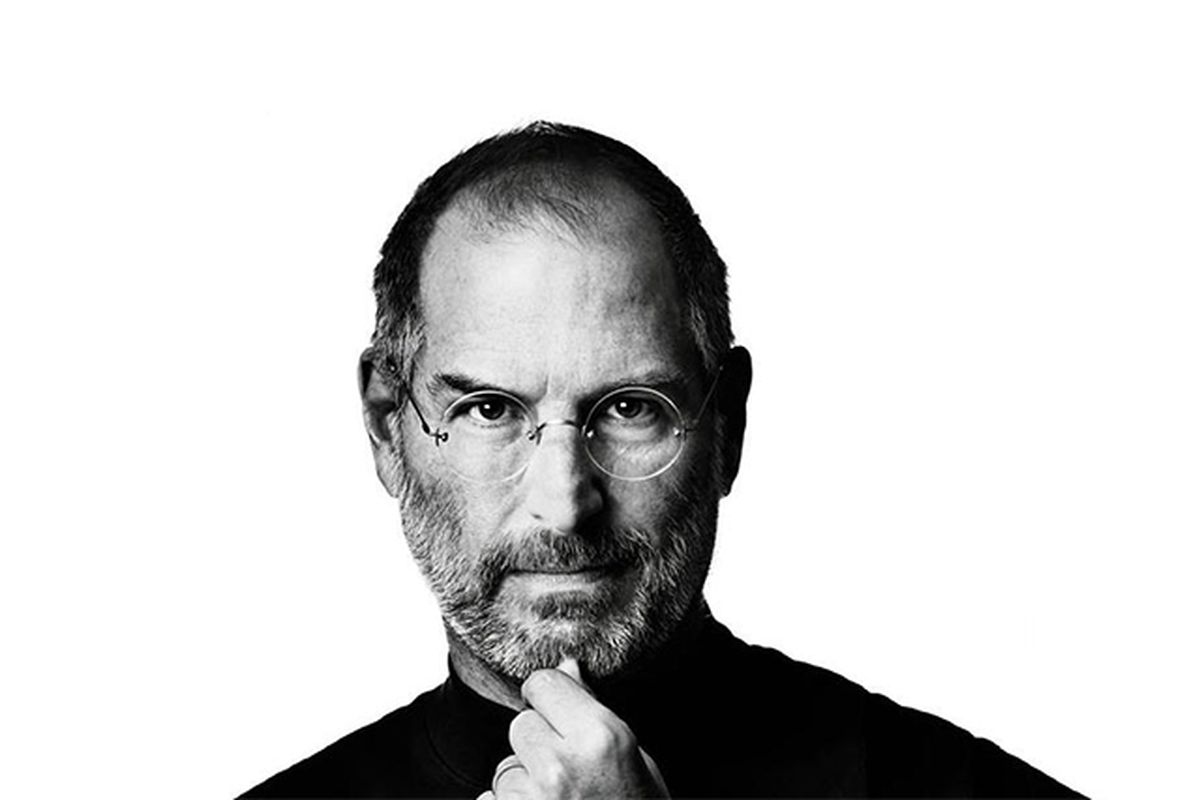Steve Jobs 1955 - 2011
An American business magnate, industrial designer, investor, and media proprietor

Jobs is widely recognized as a pioneer of the personal computer revolution of the 1970s and 1980s.
Here's a time line of Steve Jobs' life:
- 1955 Birth
- 1972–1985 Pre-Apple
- 1976–1985 Apple
- 1985–1997 NeXT
- 1997–2011 Return to Apple
-
Schieble gave birth to Jobs on February 24, 1955, in San Francisco
and chose an adoptive couple for him that was "Catholic,
well-educated, and wealthy," but the couple later changed their
mind. Jobs was then placed with Paul and Clara Jobs, neither of
whom had a college education, and Schieble refused to sign the
adoption papers. She then took the matter to court in an attempt
to have her baby placed with a different family, and only
consented to releasing the baby to Paul and Clara after the couple
pledged to pay for the boy's college education.
-
In February 1974, Jobs returned to his parents' home in Los Altos
and began looking for a job. He was soon hired by Atari, Inc. in
Los Gatos, California, which gave him a job as a technician. Back
in 1973, Steve Wozniak designed his own version of the classic
video game Pong and gave the board to Jobs. According to Wozniak,
Atari only hired Jobs because he took the board down to the
company, and they thought that he had built it himself.
-
By March 1976, Wozniak completed the basic design of the Apple I
computer and showed it to Jobs, who suggested that they sell it;
Wozniak was at first skeptical of the idea but later agreed. In
April of that same year, Jobs, Wozniak, and administrative
overseer Ronald Wayne founded Apple Computer Company (now called
Apple Inc.) as a business partnership in Jobs's parents' Crist
Drive home on April 1, 1976. The operation originally started in
Jobs's bedroom and later moved to the garage. Wayne stayed only a
short time, leaving Jobs and Wozniak as the active primary
cofounders of the company. The two decided on the name "Apple"
after Jobs returned from the All One Farm commune in Oregon and
told Wozniak about his time spent in the farm's apple orchard.
-
Following his resignation from Apple in 1985, Jobs founded NeXT
Inc. with $7 million. A year later he was running out of money,
and he sought venture capital with no product on the horizon.
Eventually, Jobs attracted the attention of billionaire Ross
Perot, who invested heavily in the company. The NeXT computer was
shown to the world in what was considered Jobs's comeback event, a
lavish invitation-only gala launch event that was described as a
multimedia extravaganza. The celebration was held at the Louise M.
Davies Symphony Hall, San Francisco, California on Wednesday
October 12, 1988. Steve Wozniak said in a 2013 interview that
while Jobs was at NeXT he was "really getting his head together".
NeXT workstations were first released in 1990 and priced at
US$9,999.
-
In 1996, Apple announced that it would buy NeXT for $427 million.
The deal was finalized in February 1997, bringing Jobs back to the
company he had cofounded. Jobs became de facto chief after
then-CEO Gil Amelio was ousted in July 1997. He was formally named
interim chief executive on September 16. In March 1998, to
concentrate Apple's efforts on returning to profitability, Jobs
terminated a number of projects, such as Newton, Cyberdog, and
OpenDoc.